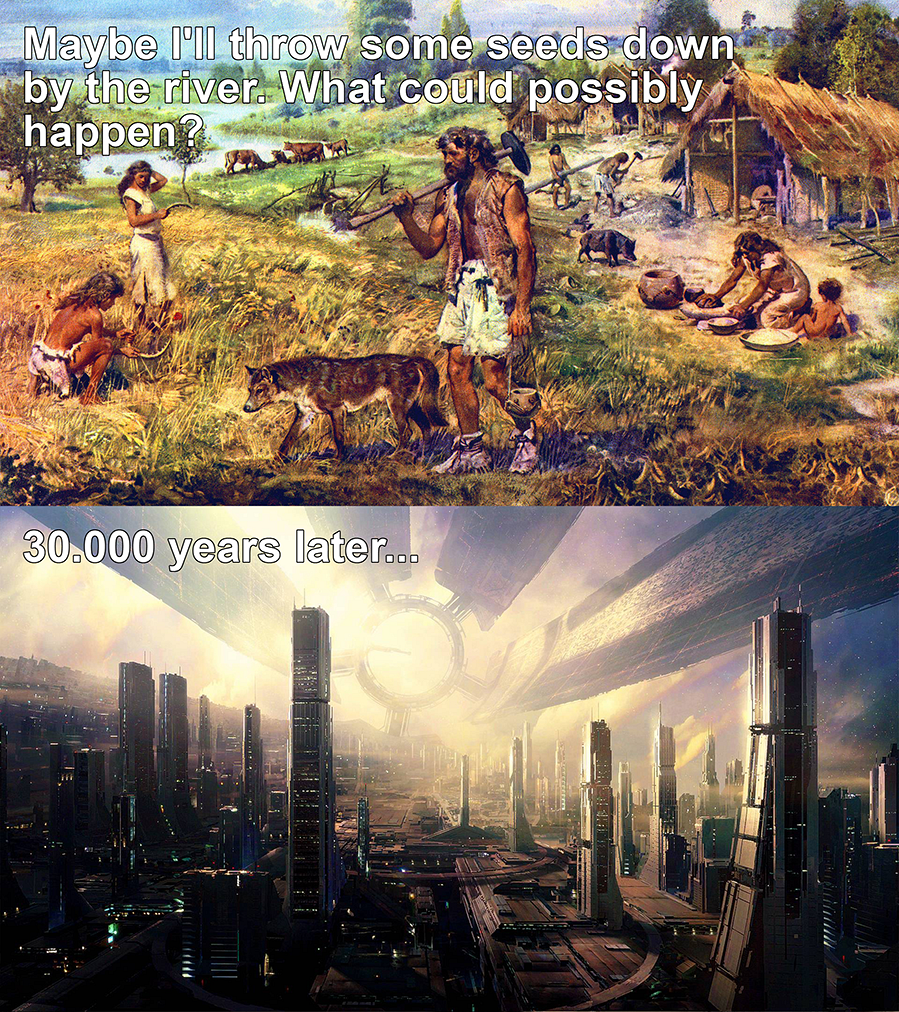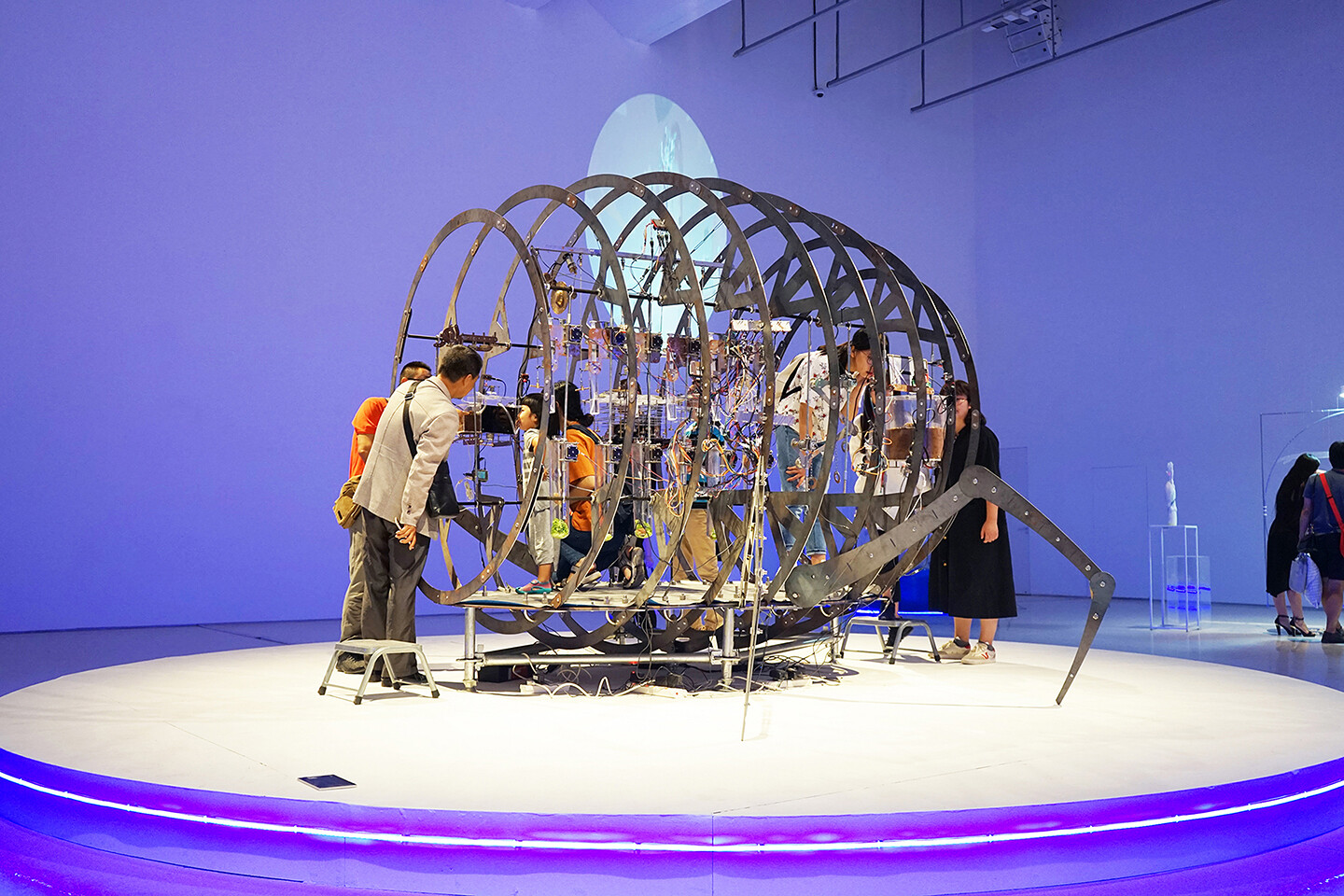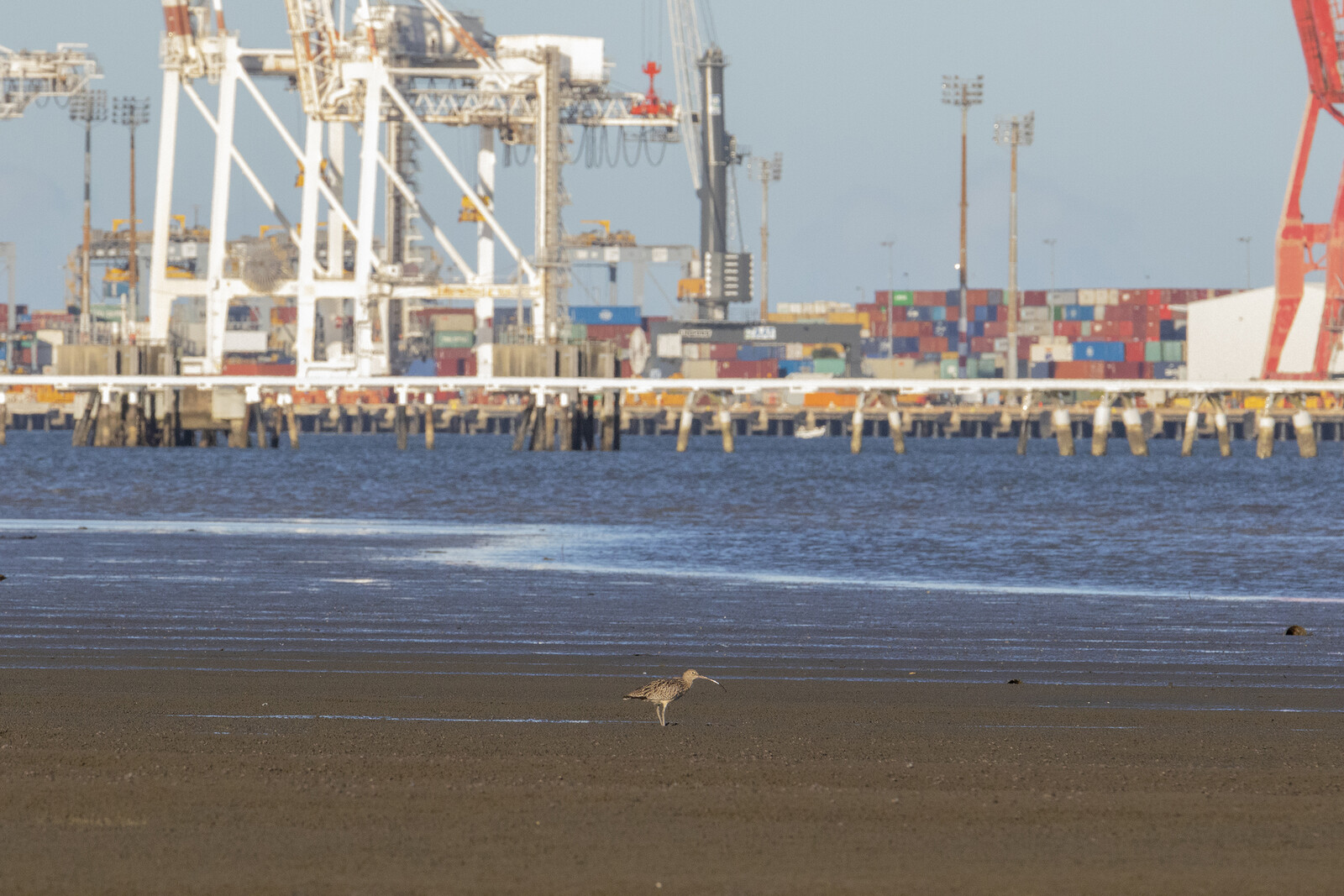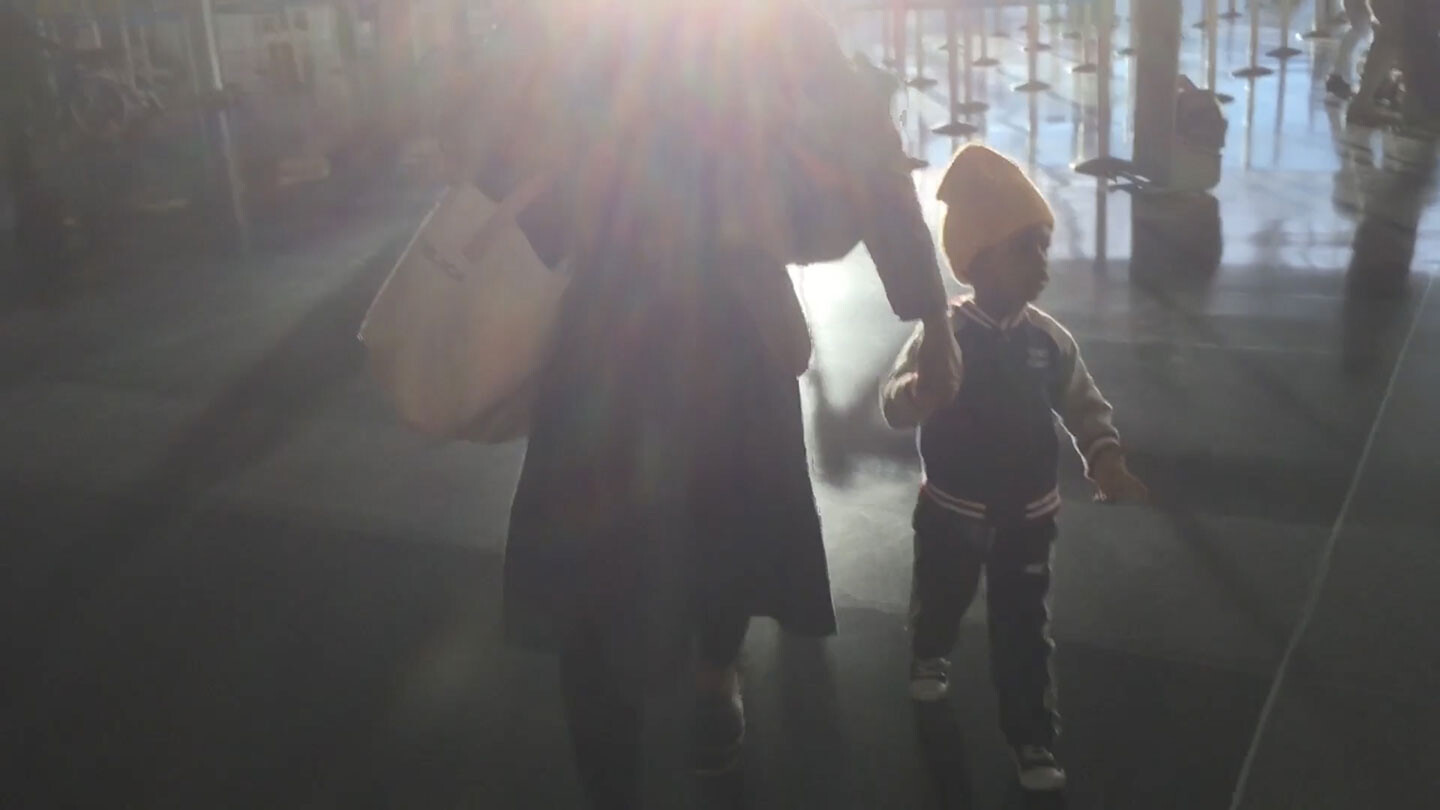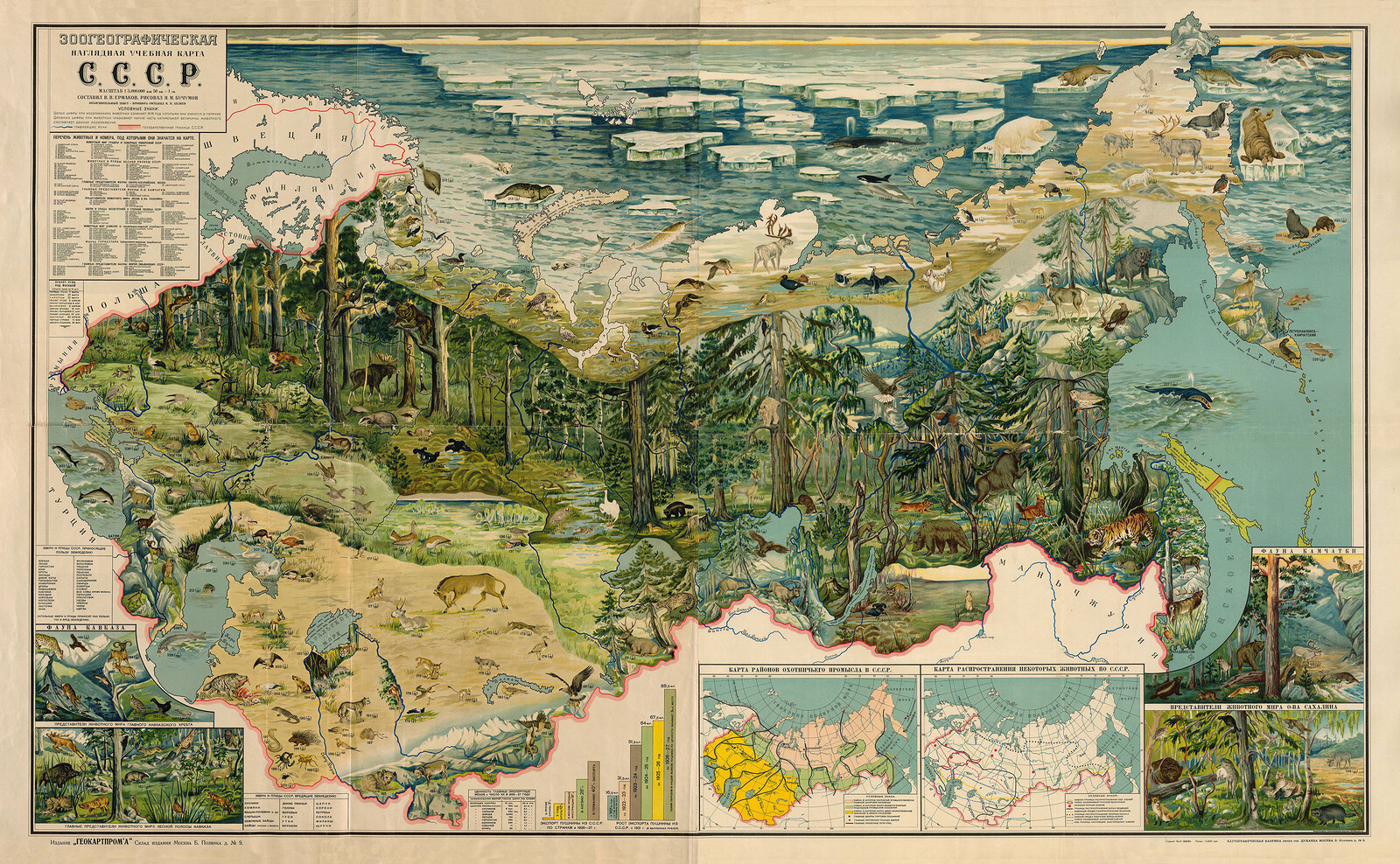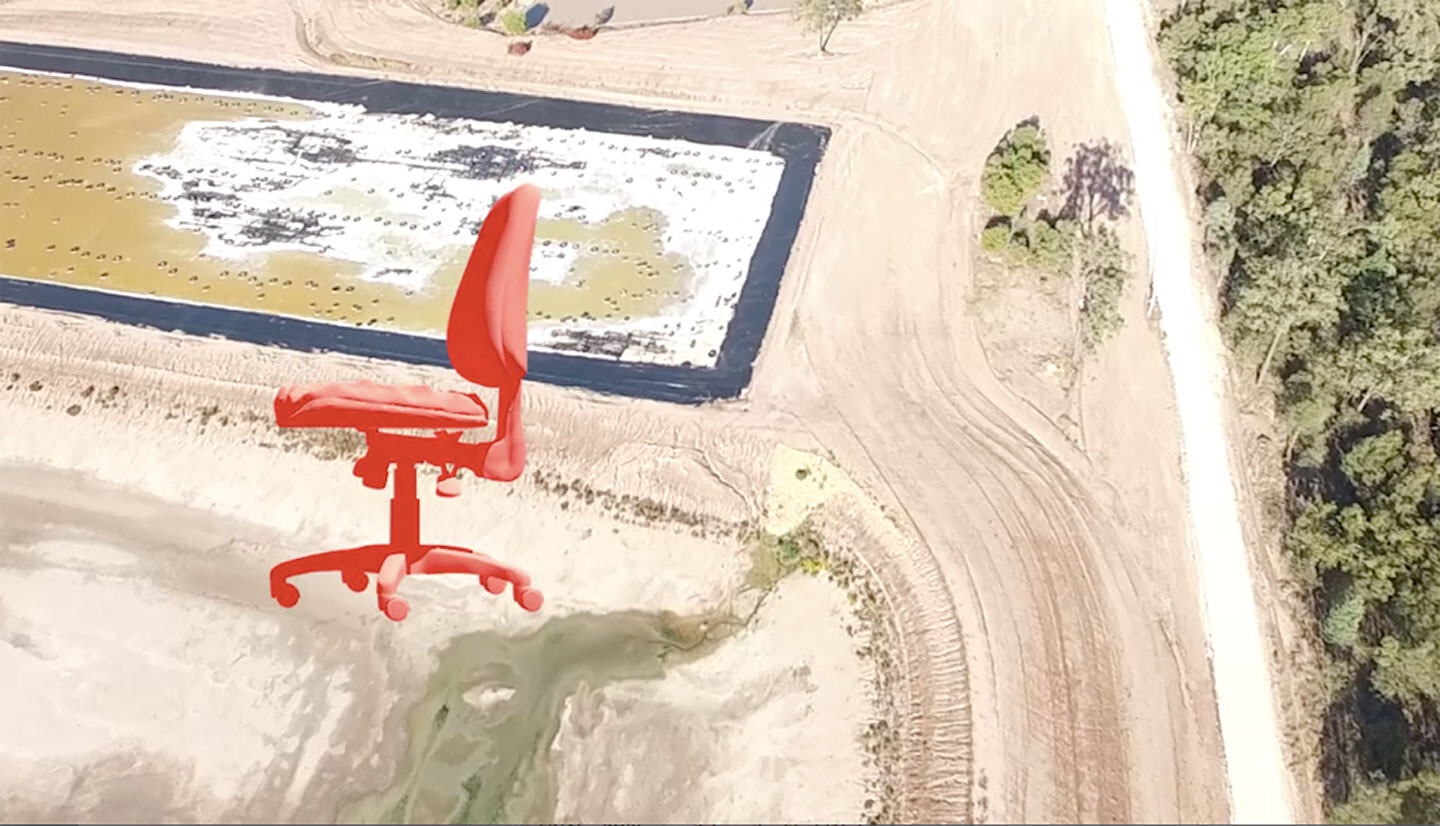Even though Love is the Message offers an amazing account of generative ambivalence and creative survival, even while it also gives rise to encompassing hopefulness in collective moments of love, solidarity, ethical conviction, and collective justice-seeking, it simultaneously obliterates any consideration of extending or sustaining its world of horror, one of beyond-grotesque inequality, impoverishment, and violence that renders Black life and lives matterless by the state and its human apparatuses. Unlike The Breakthrough Institute, which proffers art and leisure as rewards, Jafa’s sci-fi reaches the realm of cosmopolitical magnitude without losing sight of vernacular instances of in/justice, of situated expressions that are future-oriented but historically informed, and which are dedicated to the reinvention of everyday life, art, culture, politics, mourning.
Can we resurrect the people who have not been born yet, but who nevertheless died prematurely due to environmental devastation, hunger, racism, and inequality? Perhaps by learning from Fedorov to think about time as a landscape—one that we shape in the same way that we shape the earth’s surface—we can develop a framework for thinking some of our most urgent crises.
Chantelle Mitchell & Jaxon Waterhouse
